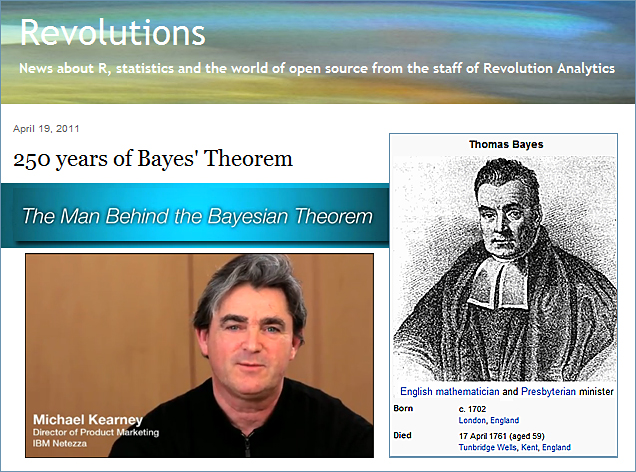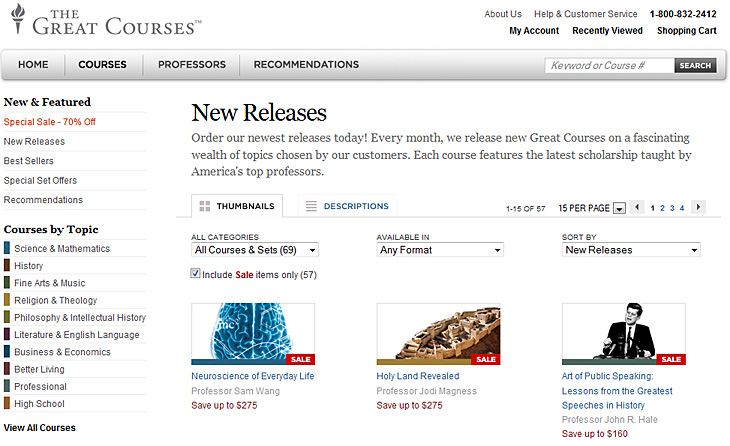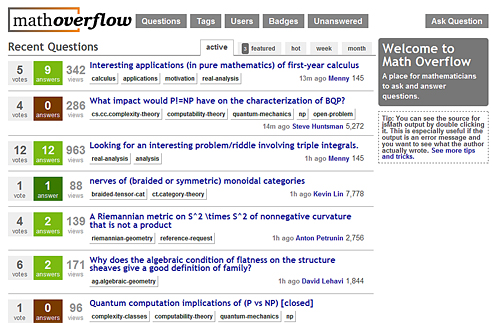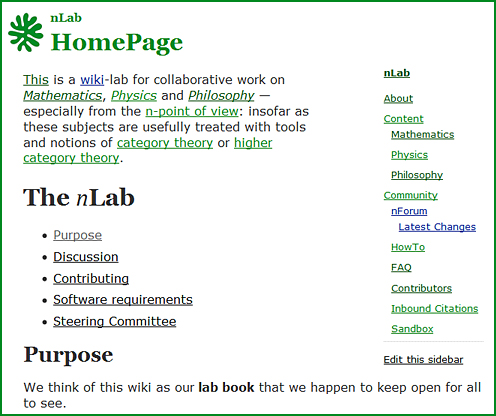To students studying Business, Economics, Religion, Political Science, and Philosophy:
Please consider — and research/define where necessary — the following items occurring in the United States today.
The fiscal cliff.
The U.S. debt limit.
Federal spending vs. revenue.
Printing money and it’s potential impact on inflation.
Recent election results.
A global economy; global competition.
The place/role of money.
Race against the machine; also see this posting.
Matthew 6:19-34.
.
Then, please discuss/answer the following questions:
- What makes our debt risky? On a national level? On the money and banking level? On a personal level?
- What are your thoughts about the following items:
- Why are billionaires dumping stocks?
- Aftershock — the book by Wiedemer, Wiedemer, & Spitzer
- What implications do you see in these items? Will they be impacting you and/or your future?
- Are there political ramifications for this?
- Are there spiritual ramifications for this?
- Could the U.S. be heading for trouble? If you say yes, what support do you have for this assertion? If you say no, what do you support your argument with?
- Do you think we are a divided nation? What support do you have for this perspective?
- What characteristics of leadership would you most like to see at this point in time?
- After reading Matthew 6:19-34:
- If you, personally, lost everything you had, what would that do to you emotionally? Physically? Spiritually? That is, if our savings completely dried up, what would life be like for us as a society? What would that do to our hearts? To our perspectives/worldviews/priorities? How we choose to spend our time? What would it do to our view of God? To our view of ourselves?
Some other resources to consider:
- CBO warns of fiscal cliff risk — from CNN Money by Jeanne Sahadi
- What’s in the fiscal cliff? — from CNN Money by Jeanne Sahadi
- The Fiscal Cliff: Absolutely everything you could possibly need to know, in one FAQ — from washingtonpost.com by Suzy Khimm, Ezra Klein, Dylan Matthews and Brad Plumer (on November 27, 2012 at 9:00 am)
- Post-election calm? Nope. What you need to know about the fiscal cliff — from inc.com by Robb Mandelbaum
Officials in Washington wasted no time in setting themselves heading straight toward the precipice. What does the “fiscal cliff” mean for your business?
.














